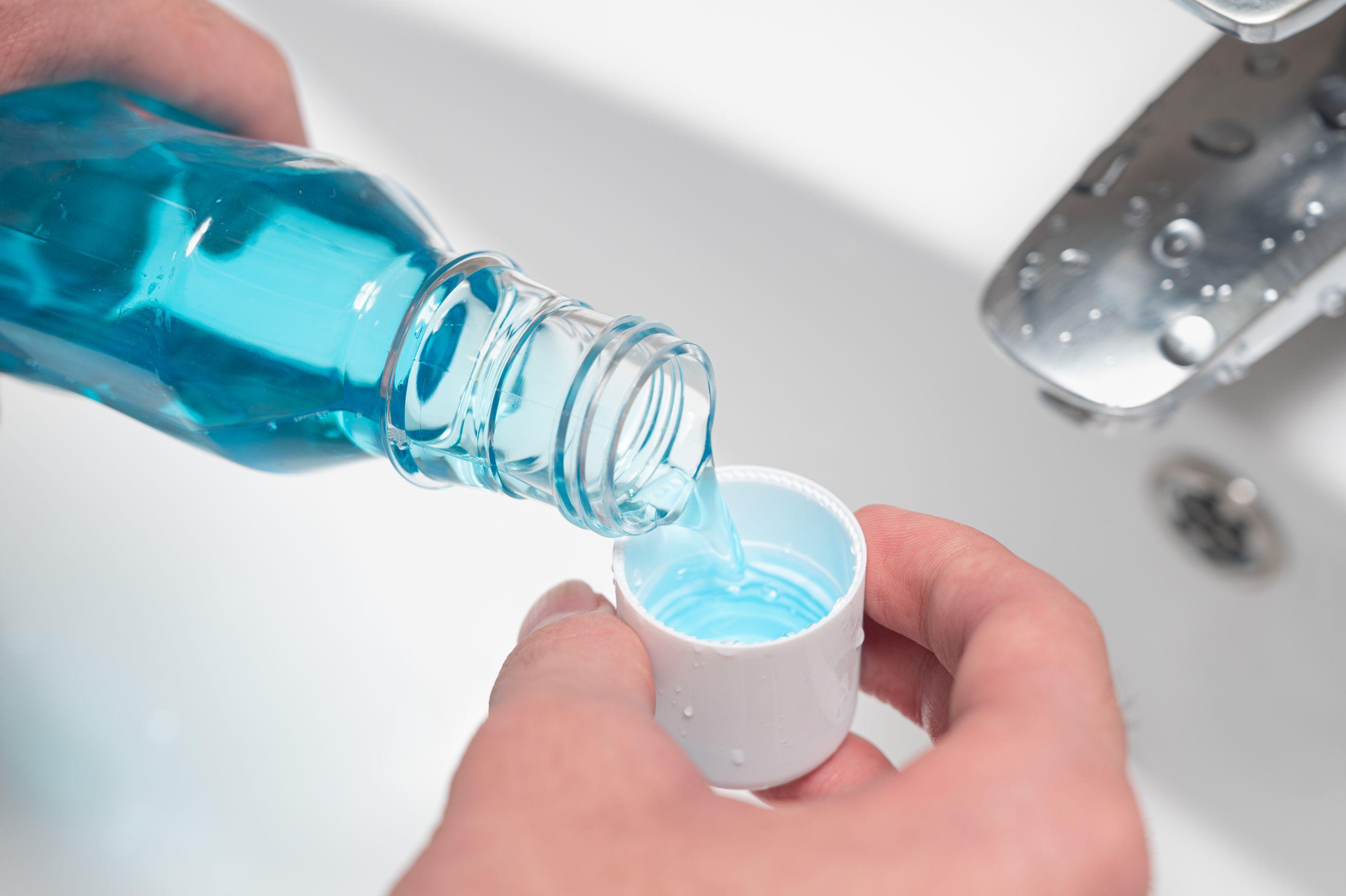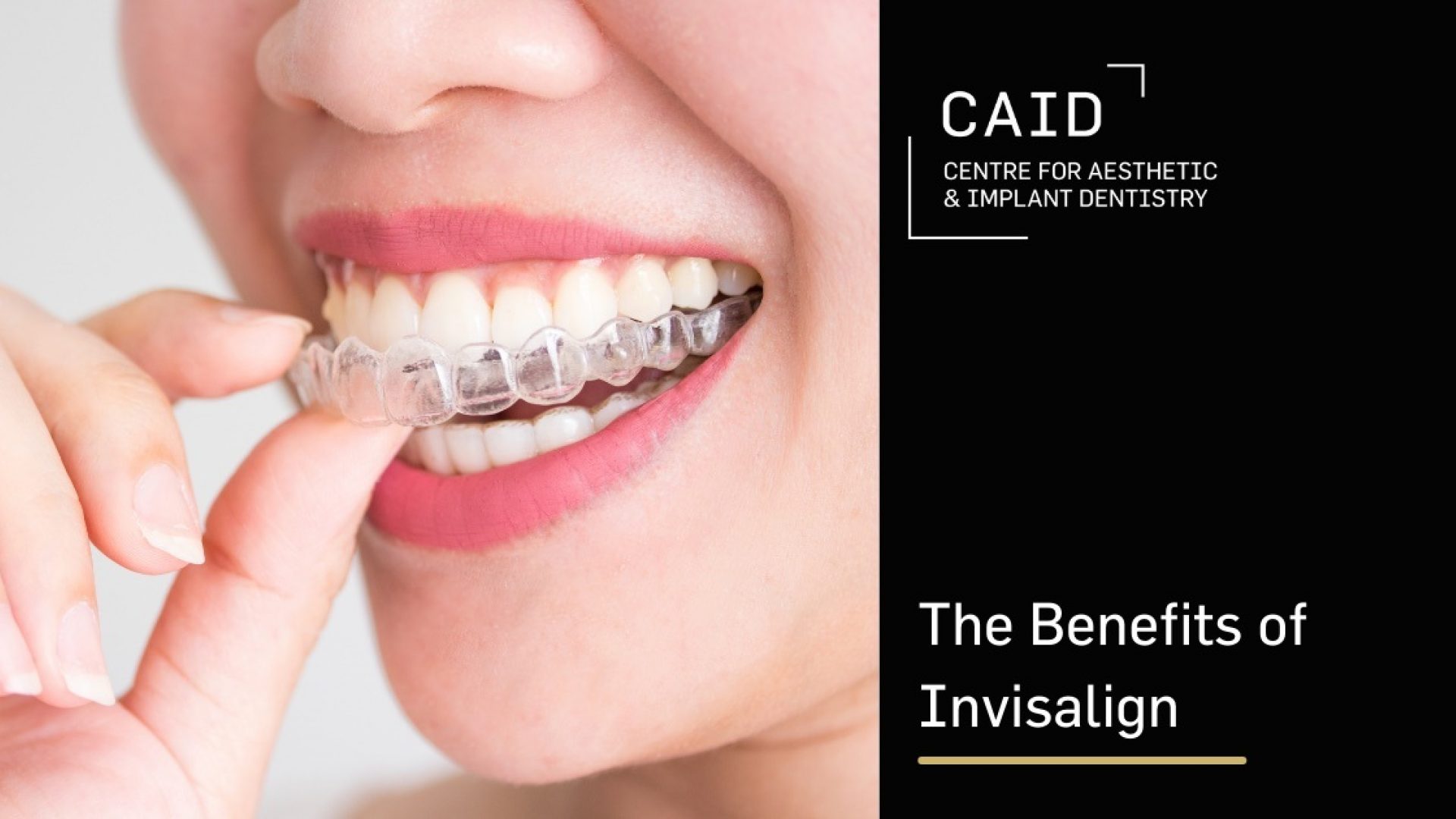We tend to take our teeth for granted until they don't feel good. For many people, it's when they feel the unpleasantness that is tooth sensitivity. There are a number of reasons you can develop sensitive teeth. These are the most common:
You are Brushing Your Teeth Too Hard
The tooth enamel is what protects the nerves in your teeth, but it can be damaged. If you use a toothbrush with hard bristles or brush your teeth aggressively, you can wear down the enamel.
You Whiten Your Teeth
Some professional whitening treatments can make the enamel temporarily porous, so teeth may feel more sensitive for a while after a session. Home tooth whitening treatments containing carbamide peroxide, however, can affect not only the protein in tooth enamel but also the cells of the tooth pulp underneath. The higher the concentration of carbamide peroxide, the more likely it is to cause tooth sensitivity and damage.
You Have Cracked Teeth
Cracks and chips create access to the dentin and nerves. When drinking hot or cold liquids, because they seep through the fissure, you may feel temperature changes. Bacteria can also get inside and cause more damage and sensitivity.
You (regularly) Grind Your Teeth
Many people clench their jaws or grind their teeth without knowing it, whether they are awake and feeling stressed or doing it in their sleep. This grinding wears down enamel over time and can even crack the teeth.
You have a High-Sugar or Acidic Diet
Sugary and acidic foods (such as candy, citrus fruits, and tomato-based sauces) and drinks (such as soft drinks, juices, and coffee) can erode enamel, especially if you don't brush your teeth shortly after consuming them.
Your Mouthwash is Acidic
Similarly, if you use a mouthwash containing harsh chemicals or alcohol, you may be also affecting your tooth enamel.

You've Recently had Dental Procedures
Some people experience tooth sensitivity after routine cleanings, fillings, and other dental procedures. Thankfully, it usually goes away by itself in a few weeks.
You Have Gum Disease
Gingivitis, periodontitis, and other gum diseases can cause inflammation or recession of the gums, which may cause sensitivity by exposing the roots of your teeth to stimuli.
What to Do If You Feel Tooth Sensitivity
If you want to get to the bottom of your tooth sensitivity, it's best to consult with a dental professional. Whether you are in dire need of a general dental care (such as a check-up, root canal, professional whitening, or solution for tooth grinding) or a dental clean, we can help. Contact us today and put your teeth in good hands.





